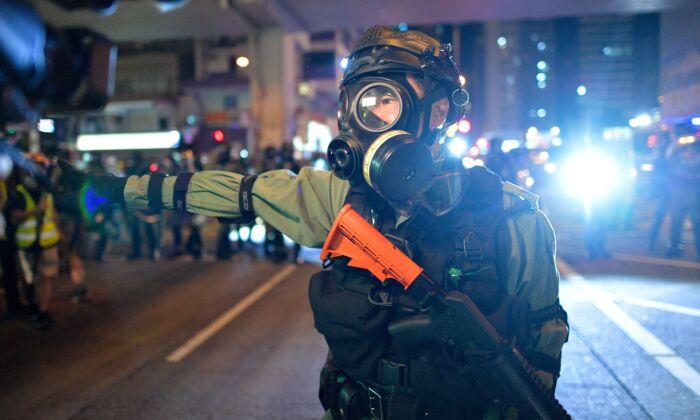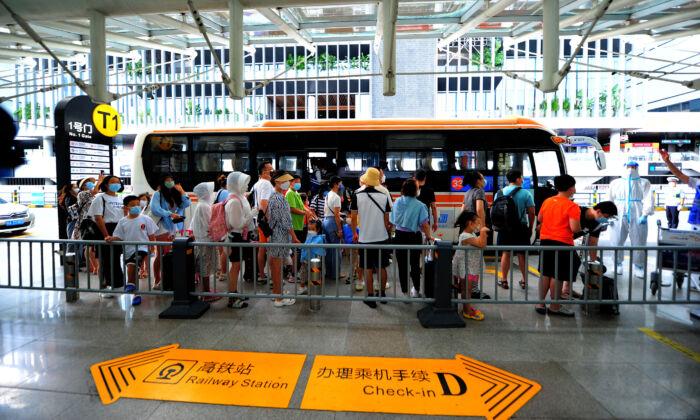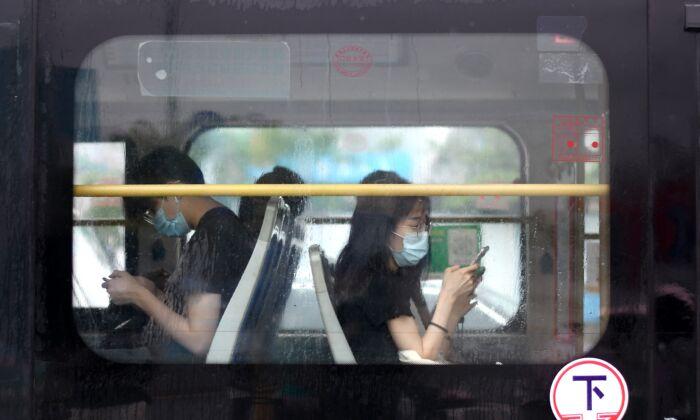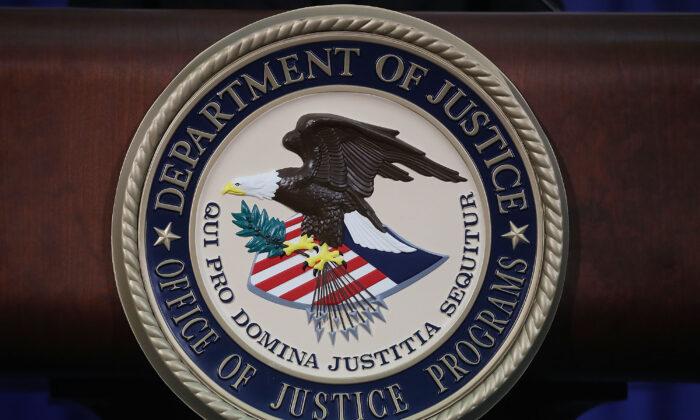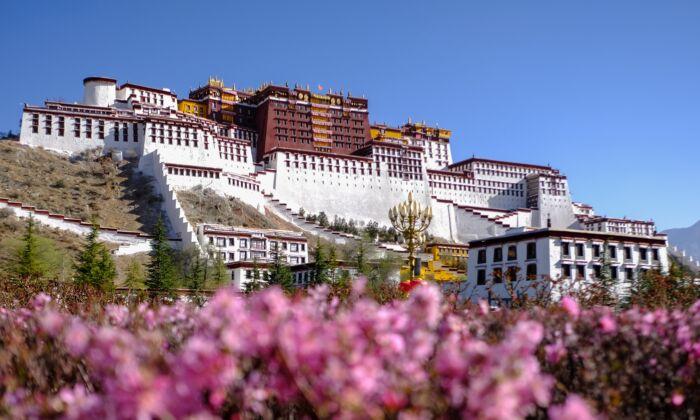A top Hong Kong official said on a local radio program on Oct. 7 that the government is open to the proposal of banning people from accessing the internet in the future if protests continue unabated.
The former British colony, which reverted to Chinese rule in 1997 under the express promise that its autonomy be preserved, is in the midst of its biggest political crisis, as mass demonstrations against Beijing’s encroachment over city affairs have entered their 18th consecutive week.
In an effort to quell the protests, the city government recently bypassed the legislature and enacted an anti-mask law. The regulation was invoked under a colonial-era Emergency Regulation Ordinance that gives the Hong Kong leader broad powers to enact rules, suspend communications, and make arrests. The mask ban targeted protesters, many of whom wear masks in order to protect their identity, for fear of reprisal from Hong Kong or Beijing authorities. Many also wear gas masks to protect themselves when police fire tear gas to disperse crowds.
Both were arrested for violating the ban while taking part in an unlawful assembly in the early hours of Oct. 5 at Kwun Tong District in Kowloon.
Ip is a non-official member of Hong Kong Executive Council, a cabinet-like organization comprising of 16 official and 16 non-official members who advise the city leader. He is also a local delegate to the Chinese communist regime’s rubber-stamp legislature, the National People’s Congress.
To is a local pro-democracy lawmaker and lawyer.
Noting that the ban did not deter protesters from coming out to the streets, To asked Ip whether the Executive Council evaluated what would be the effect of the law.
Ip answered that the government “absolutely doesn’t agree nor accept” protesters’ request to withdraw the anti-mask law, and that “the government will use all its energy to do whatever it can to control the situation.”
Ip added that the government was open to other measures to stop the protests. Then the host asked him whether the government would consider implementing an internet ban.
“If needed, we’ll do it,” Ip replied. “Any solution that can stop the rioting and has legal standing, we will do it.”
Ip did not provide further details.
On social media, many Hongkongers expressed that they believed the mask ban was adding fuel to the fire, further angering protesters who are already upset at the government’s actions.
Worried about more casualties, Patten called on the city leader Carrie Lam to resolve the crisis by truly listening to the people.
“I fear for the future, unless Carrie Lam actually intervenes and understands the importance of dialogue,” he said.
